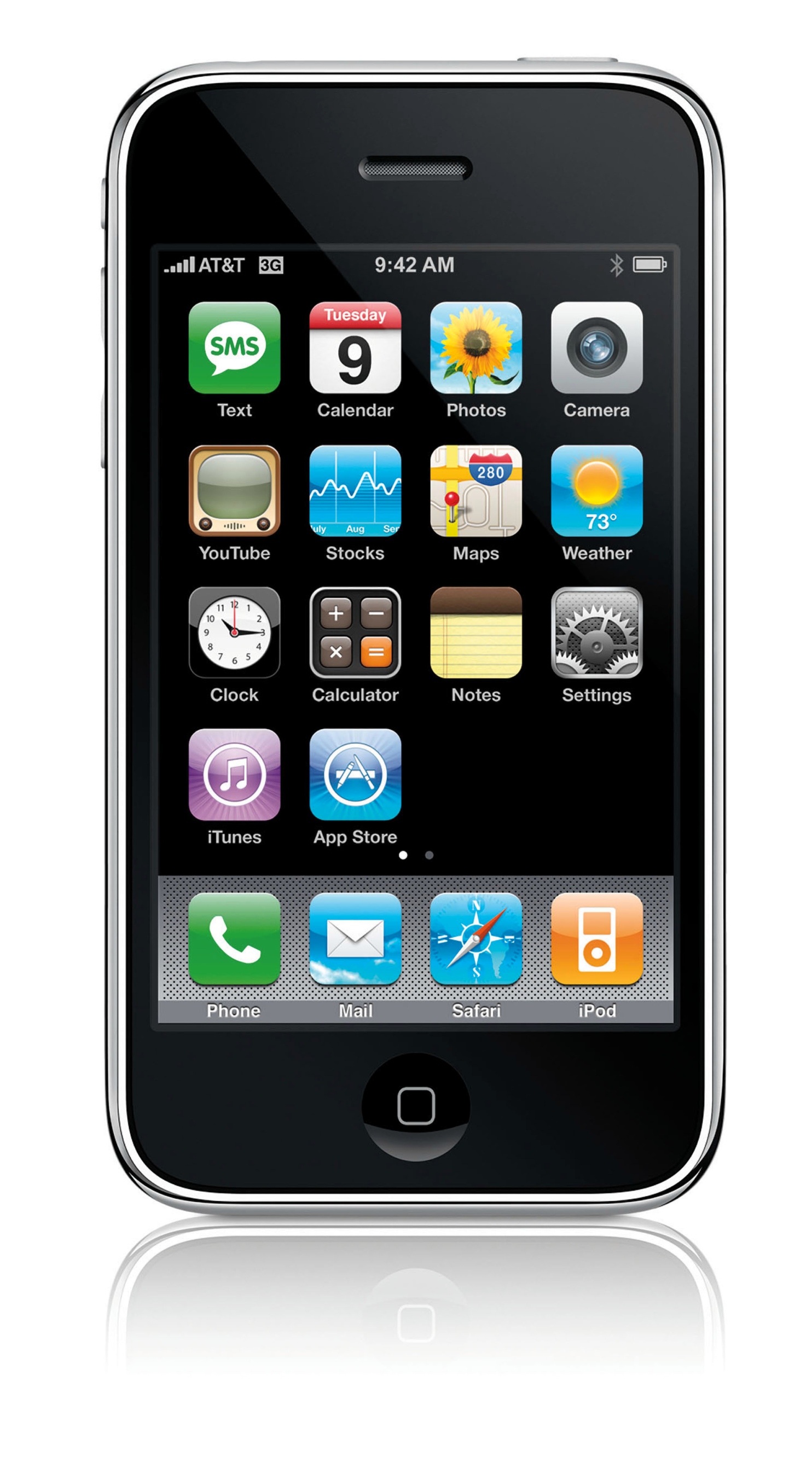
Jailbreaking, a hack that allows iPhone and iPod Touch users access to areas of their merchandise that they aren’t intended to touch, has raised questions of legality.
Typically, this particular hack entails unlocking the handset in order to use it with another cellular network, or installing new third-party programs that are not available through the official channel ‘- the Apple Store. Apple claims that the only applications that are to be allowed on this popular smart phone are those that fall under its name.
Once a phone is ‘jailbroken,’ users may do many things with their iPhone that they could not have down under the eyes of Apple and the carrier, AT&T. Among the various options are: downloading‘ customization applications in order to personalize (ex. adding new themes, changing the text on things like ‘slide to power off,’ adding wallpapers and icons, etc.), programming it as a 3G modem for a laptop, installing new games and software and a multitude of other things. Users may even switch to a different network instead of staying with the required AT&T wireless carrier.
Although jailbreaking is legal, it does violate the terms and conditions that the buyer agrees to when he or she purchases the iPhone. If someone jailbreaks and is caught, Apple is permitted to void their warranty because the company has declared that the applications that are not endorsed breach upon the Digital Millennium Copyright Act.
The illegal part, though, would be to send in a formerly jailbroken iPhone for repair. Although jailbreaking presumably would have nothing to do with whatever is or was wrong with the iPhone, by doing so, one would have already voided their warranty. Meaning, sending it in when something goes wrong is the owner’s own fault and is considered warranty fraud and consequently illegal.
Apple said that if they were to authorize jailbreaking, they would basically be supporting ‘copyright infringement, potential damage to the device and other potential harmful physical effects, adverse effects on the functioning of the device, and breach of contract.’
Apple has no obligation to support hardware that has been hacked, while those who jailbreak their devices must assume the risks if something goes wrong.
Some consumers believe that Apple is unfair in prohibiting jailbreaking, and companies like Skype and Firefox publisher Mozilla do as well. They have joined the fight with the Electronic Frontier Foundation (EFF) ‘- a company focused on the freedoms of the networked world ‘- in working to loosen the DMCA’s constraints on iPhone jailbreaking, in order to make things less controlling and more fair for iPhone and iPod Touch owners.
On two separate occasions, these two conglomerates argued to the US Copyright Office that the DMCA should be modified in order to allow mobile phone users the autonomy to alter their hardware for services such as third-party applications that are not accepted by the original manufacturer.
Kathryn Foley can be reached at [email protected].






